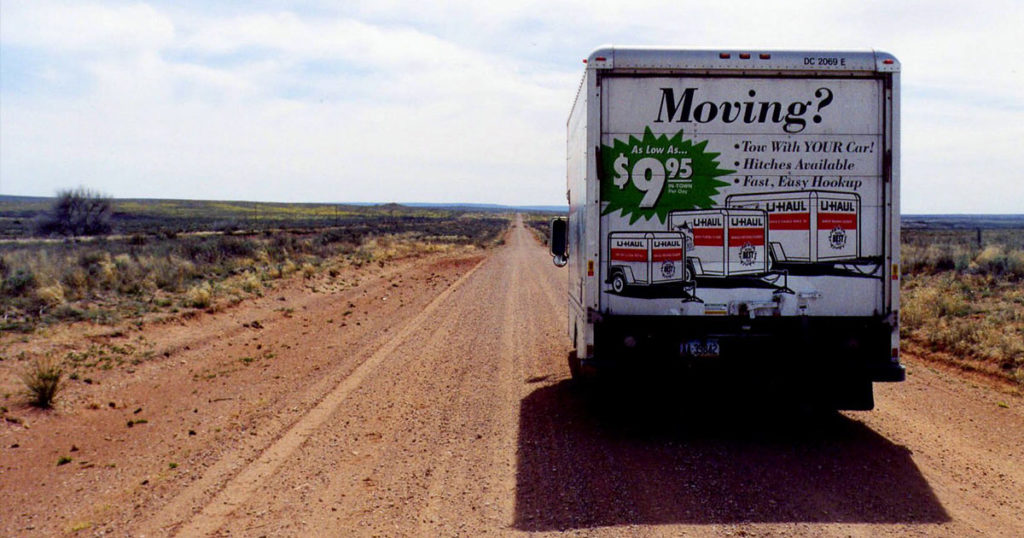
A friend back in the States is switching jobs. It’s a late-career move, made in part with an eye to bolstering her salary to increase her future retirement income and in part to escape her old supervisors, who had hindered her initiatives. On the point of retiring in frustration, she’d applied for a job in a different office in the same government organization and got it. She also got an immediate pay hike that goes with her new job category plus assurances of future raises. From fieldwork she’ll be switching to running a program, and she’s moving from Colorado to California. Along with the raise, she’s getting a $30,000 moving stipend.
“What?” I asked, incredulous. My informant, my father, was equally astonished at the sum. Our weekly video-conference conversations are generally low-key, just a little bit of weather, a little bit of family history, but not much headline news—the reports appearing on my tablet screen seemed to include a new shooting every other day—because who wants to discuss unpleasant events over breakfast or as your day winds down? Not my dad, at 11 a.m. lingering over his morning coffee nor I at 7 p.m. in the fading evening. But to vary the routine from time to time makes for a bit of a kick, and that’s what my dad’s information did—got us excited.
I think my dad was gratified by my reaction. We’re both thrifty, and to both of us the sum seemed extravagant. We think in like ways: my father once convinced me to buy a cheaper airline ticket that took twice as long to get me home from Europe by suggesting I think of the trip as time for which I was getting paid the difference in the costs of the two tickets. Saving $300 on a 30-hour trip was like getting paid $10 an hour. For the whole trip. Or $30 an hour for the extra 10 hours. That was back when the minimum wage was $3.35 an hour, and I purchased the cheaper ticket and sat through a night in the Chicago airport, happy to be paid to fly home. In the same vein, $30,000 to move 1,500 miles? That’s 20 bucks a mile. I’d ask to work in a different state at that price, the more distant the better. My father agreed.
Then he mentioned corporate salaries and the perks enjoyed in the private sector by executives—expense accounts, paid vacations, moving stipends. Thirty thousand might sound right to someone used to such benefits. But to him, my dad said, it sounded the way it did to me. In academia, he recalled, people rented a U-Haul and invited friends to pitch in to load it up for a move. He was thinking of the family moves from one university town where he’d taught to another, but also of friends who’d done the same thing to move themselves. When I moved away from home to attend college, I packed my things in my car; when I went to grad school, my dad pulled my possessions in a little trailer and helped me move into my rented house; when I eventually left that state, friends helped load up a rented van; and when I moved to Spain, I packed the goods into boxes and then helped the transport company fit them all in a small packing crate to be shipped. I took everything with me, but still it was less than the pile of steamer trunks the moneyed traveled with in days of yore.
I couldn’t resist the comment to my dad that my friend’s moving stipend was my whole teaching salary—for three years. I don’t think he heard me. I didn’t repeat myself, perhaps because I worried my dad would think that I resented my friend’s good luck. That wasn’t likely though. My dad knows all about all my own perks—laws for job security, a month of paid vacation, generous unemployment coverage, good maternity and paternity leave, free doctor visits, no hospital costs whatsoever, virtually no expenses for medications, free education, including professional training and university studies. Plus the pluses you can’t put a price on, like knowing your fellow citizens are not packing a pistol and knowing that their anger at a perceived injustice in their world, sometimes just someone else’s good luck, won’t be vented on you with a bullet.

